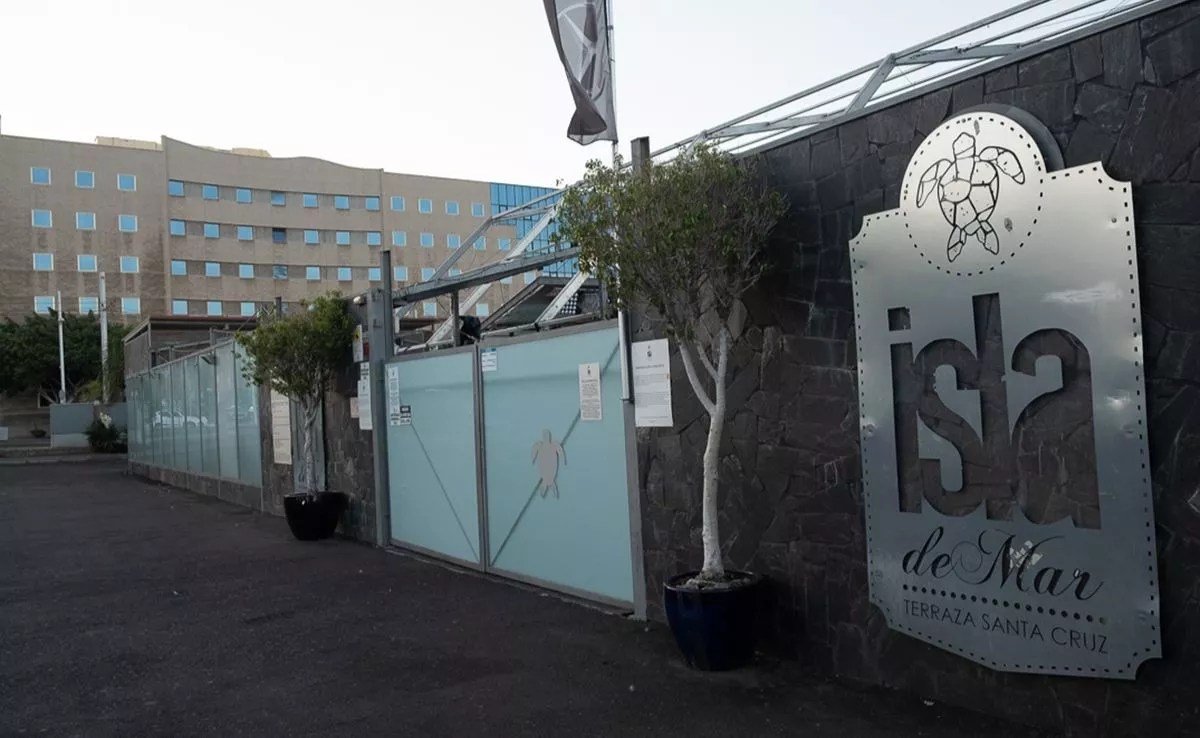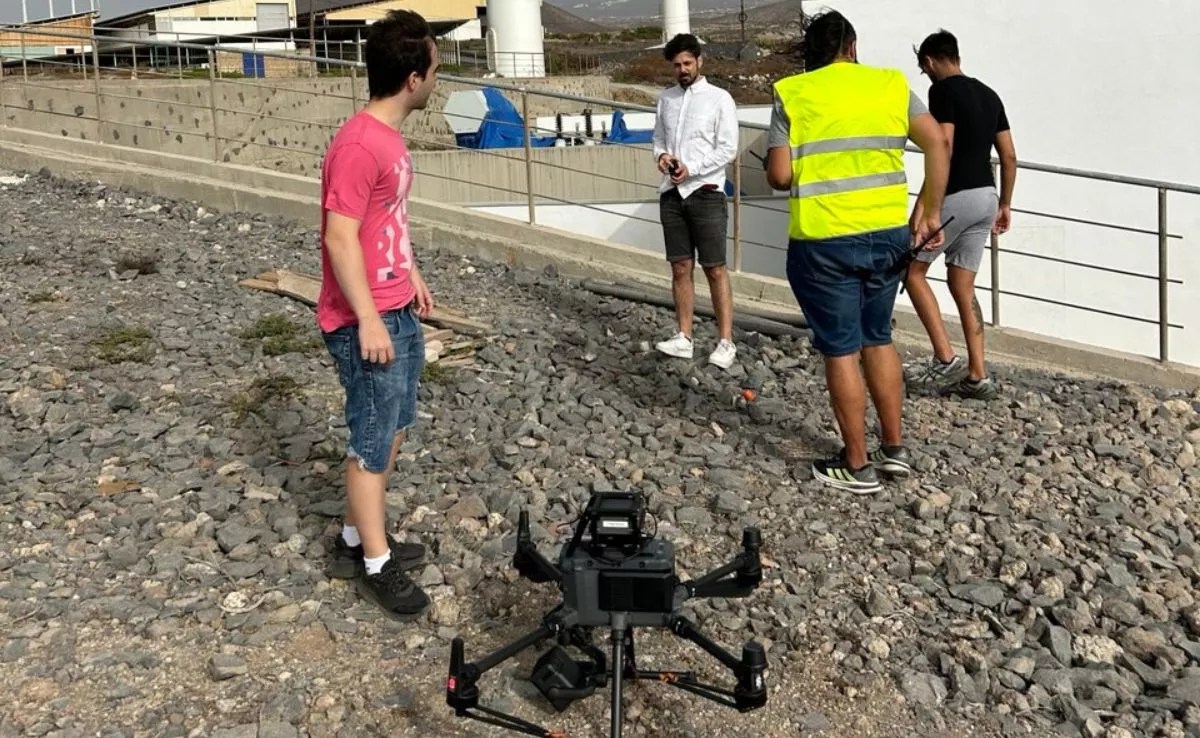The fight against the digital divide in Canary Islands started this Thursday, November 10 in Cross port with the presentation of the initiative Canary Islandswhich hopes to bring new technologies and the use of the internet closer to 3,000 recipients of the Minimum Vital Income or the Canarian Insertion Benefit, aged between 45 and 65 years, and a low level of training. This project of the European Network for the Fight against Poverty was presented at the Riu Garoé hotel by the president of the Canary Islands, Angel Victor Torres; the mayor of Porto, Mark Gonzalezand the General Secretary of Objectives and Policies of Inclusion and Social Welfare of the Government of Spain, Miracles Paniaguawho highlighted the importance of working to continue reducing inequalities on the islands.
This initiative of the European Network for Combating Poverty and Social Exclusion (EAPN) in the Canary Islands responds to a recent study that this entity carried out on the digital gap among 1,000 people in a situation of poverty and social exclusion, served by the regional program Integra 1. This research served to establish «a solid link between poverty economy, a low level of educational attainment and a high digital divide.
This study encouraged EAPN to try to increase institutional support to remedy the digital divide, “given that people in social exclusion receive little support to face the economic difficulties in obtaining equipment and Internet connection at home.” In addition, he made it clearthe need to reduce the digital divide through access to technological media and the digital world to promote socialization and subsequent acquisition of digital skills».
This pilot project will work with social inclusion itineraries and will be financed with funds from the Ministry of Inclusion, Social Security and Migration of the Government of Spain. The president of the EAPN in the Canary Islands, John Charles Lawrence, took advantage of the presentation to detail before professionals from the third sector that “itineraries adapted to the socio-educational characteristics and digital capacities of the people receiving these benefits have been defined”, and that special attention will be paid to Canarian localities with a higher rate of vulnerability Social. After improving the skills of the participants, it is expected to generate a positive impact on employability and personal life projects.
The initiative is aimed at recipients of the Minimum Vital Income or the Canary Insertion Benefit
For the mayor of Puerto de la Cruz, Mark Gonzalez, this initiative shows the commitment of local, regional and national governments “with social work and the most vulnerable families”. In his opinion, “we are facing a great opportunity for the most vulnerable people to benefit, also in our city, from a comprehensive project like Redlab.”
The Secretary General of Objectives and Policies of Inclusion and Social Welfare, Miracles Paniaguarecalled that “inclusion in the Canary Islands is not based solely on financial support, but on generating itineraries that train and prepare the most vulnerable for the development of their lives”, especially in a context marked by the Covid pandemic, ” that has increased this digital gap.
The Canarian President Angel Victor Torres, stressed that “in the Canary Islands in 2019 there were some 5,000 families who received the Canarian Insertion Benefit (PCI) and now, together with the Minimum Vital Income, there are more than 40,000. That figure has been multiplied by seven.
Torres recalled that «The Canary Islands had been since 2008 the red lantern in dependency in the 17 autonomous communities and it is no longer like that ». And he detailed that “thanks to deaf work and the improvement of human and material resources”, until October “8,853 dependency benefits had been processed, which represents a growth of 31.5% compared to October 2021 compared to a national average of 9.7%’.

















